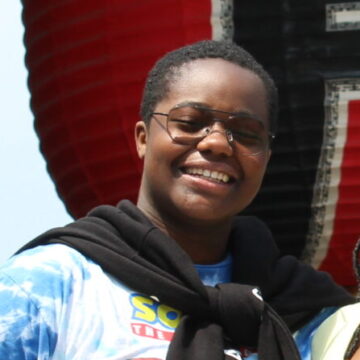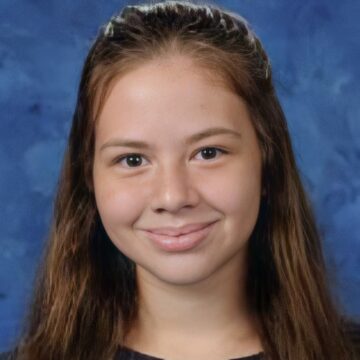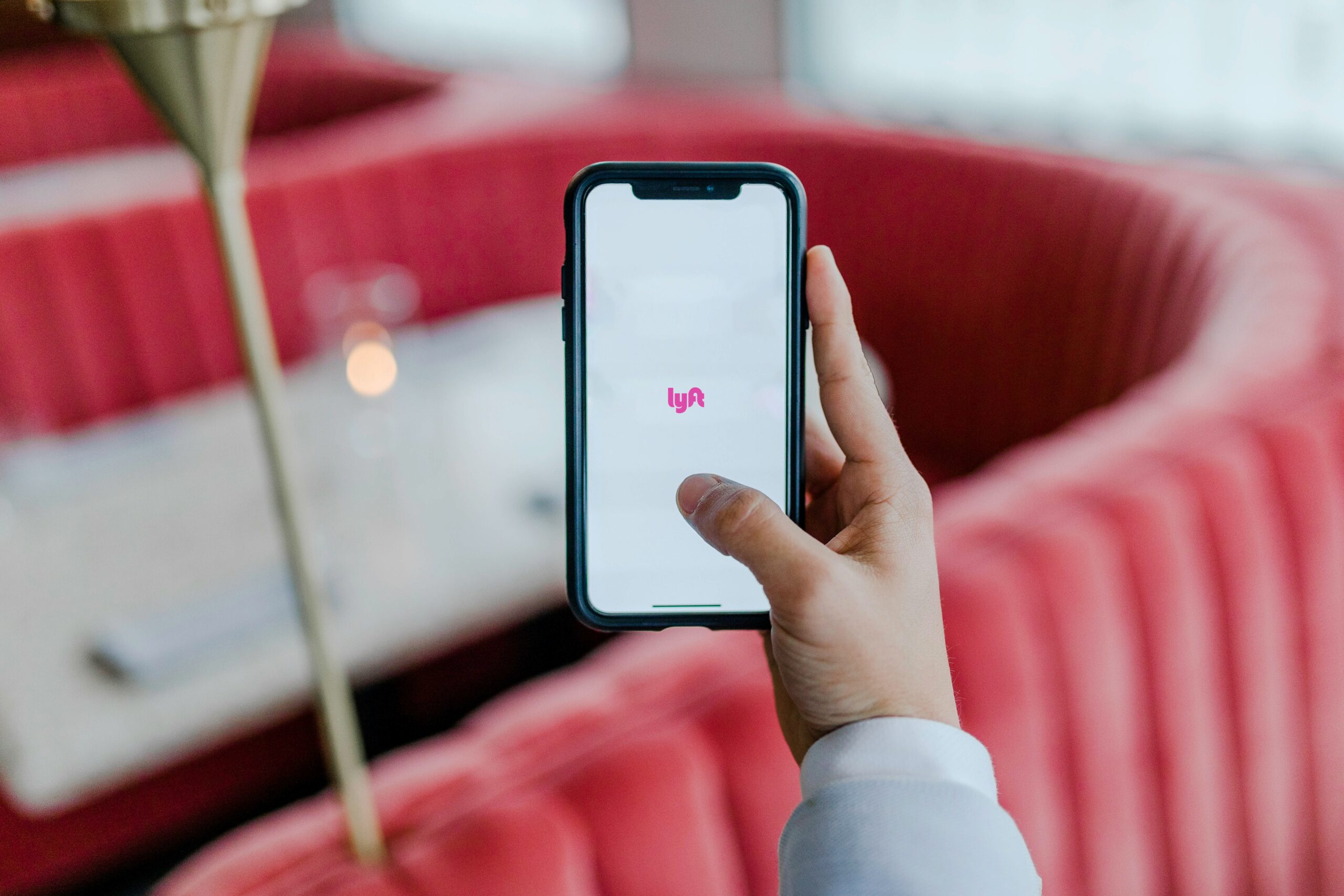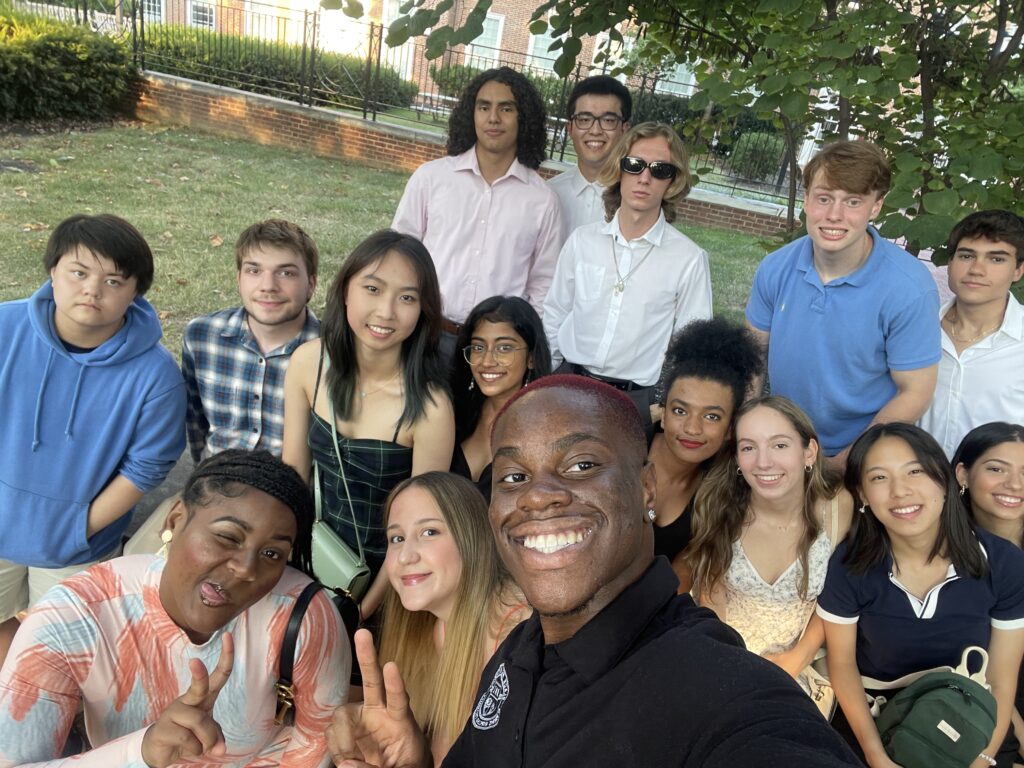
When I got the chance to be a First-Year Mentor (FYM), I was so excited. I wanted to be one of those students that made life easier during the first several weeks and first year at Hopkins—and I knew an experience like FYM was something I would take seriously.
The summer months after matriculating into the university and arriving on campus to move in were filled with anxiety and confusion for me. I worried often about what I was going to bring to my dorm. Afternoons were spent staring at the campus map trying to visualize how I would get from one class on the opposite side of campus to the other I had scheduled only 10 minutes later. I wondered how I would buy $200 textbooks I definitely could not afford, as well as my transition from being the student I was in high school to being a college student that could do just as well academically and professionally (or even better) at Hopkins.
When I finally arrived on campus, I faced nearly every hypothetical situation my curious mind mulled over that summer head-on. My FYM, Ariana, helped me find the textbooks I needed for much more affordable prices, put me on shortcuts to get around campus most efficiently, and helped me think about college and Hopkins more practically and less fearfully.
What Ariana did that I valued most was how she showed that Hopkins wasn’t as big as it felt. When I was training to be a First-Year Mentor, I knew I wanted to have a similar impact on the lives and experiences of the first years I would be introducing to the university. My strategy was to try to put myself back into my August 2021 mindset. I remembered how anxious I was about coming to college, how I worried about making friends and starting over socially, what I was going to commit myself to outside of classes, and whether or not I was going to fit in at Hopkins. With this in mind, I knew that to be the mentor I wanted to be, I had to make my cohort as comfortable as possible with me and their new environment. As an FYM, I would technically be their first introduction to Hopkins after move-in and throughout Orientation. So, I committed myself to being the best host I could be.
During our week of training, the Orientation & First-Year Experience staff invited a slew of campus partners to teach us about every program, office, and initiative designed to serve students at Hopkins. We did this through a host of lectures accompanied by a very thorough packet with a campus tour map and scripts for facilitating important conversations on alcohol abuse and mental health. One thing I truly internalized was how sincere all these people were about supporting students and moving the university forward by bringing resources to students to help take advantage of the college experience.
Shortly after, I met my mentees for the first time on move-in day on the Homewood Field. The time had come where I would be able to pay forward what Ariana had done for me in her thoughtful support and guidance. That night sitting on that field, placing faces to names and playing icebreakers, showed me how it looks from the other side—to be the student mentor facing 15-odd first years waiting for them to come out of their shells and share their name, hometown, intended major, fun fact, etc.
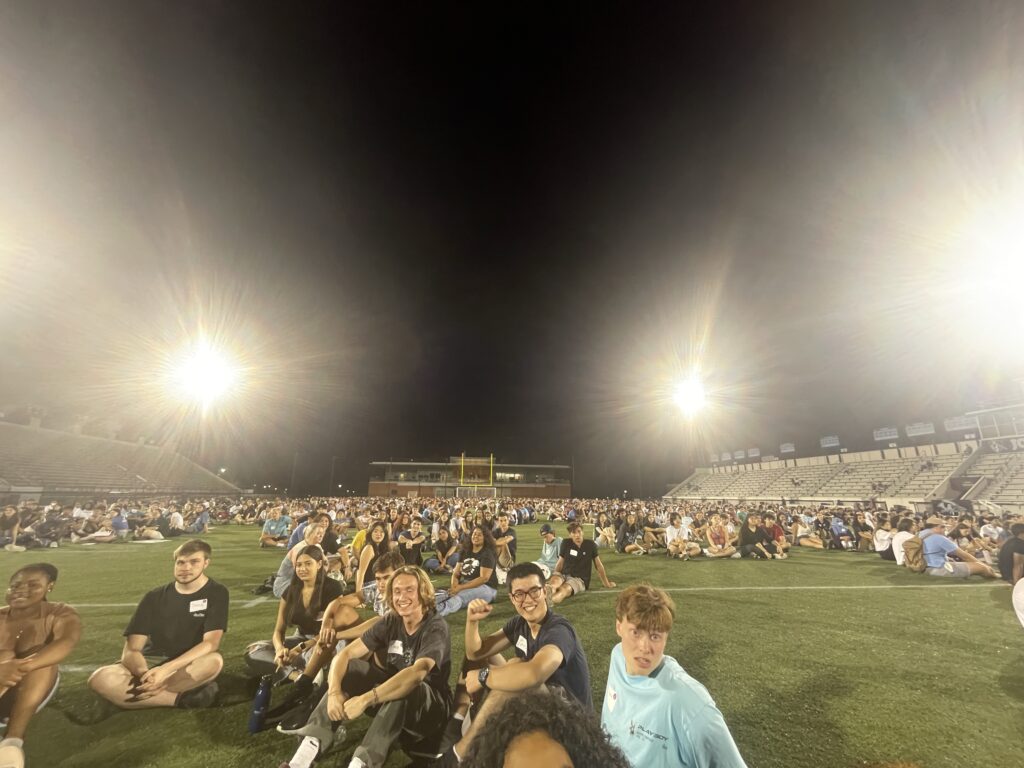
When reflecting on what it must be like for incoming students, I think of the incredibly short and very eventful time between packing your life in a couple of suitcases, traveling to Hopkins, moving in, setting up your dorm, saying goodbye to your family, and walking to Homewood Field at the end of the night. A lot goes on at once and it can easily become an emotional affair for anyone, regardless of previous experience or personality. Awkwardness, anxiety, and homesickness as well as excitement, optimism, hope, and every other emotion are likely to come up at some point. I know I’ve definitely had all of my own. But being the person who was familiar with this place and how things worked meant that it was my job to make those students feel prepared, safe, informed, and supported. I actually just wanted them to know they were never alone at any time during their first year, even when it may feel like it.
As the week progressed, I led my students through lessons about Hopkins resources and initiatives. I also gave advice on navigating Hopkins that my FYM taught me, recommendations inspired by my own experience, and answered many questions on my positive experiences, setbacks, triumphs, and regrets. But I think one of the most gratifying parts of being an FYM was seeing the development in character and confidence of my mentees. I went from feeling like a kindergarten teacher leading a group of 15-odd kids in a nearly single-file line to and from different campus locations on a daily schedule to watching them prepare themselves for their first day of classes, finding their way around campus on their own, and being excited about starting classes. I was proud of them for building much-needed confidence and proud of myself for being able to facilitate it by relating to them as authentically as possible. The experience revealed to me the other side of beginning life at Hopkins, that making a new place your home isn’t done in a week during Orientation. That is exactly why being able to support those students throughout their first year was exciting for me. I was able to continue being a resource and source of motivation and support for them long after I was teaching them how to use CampusGroups for the first time.

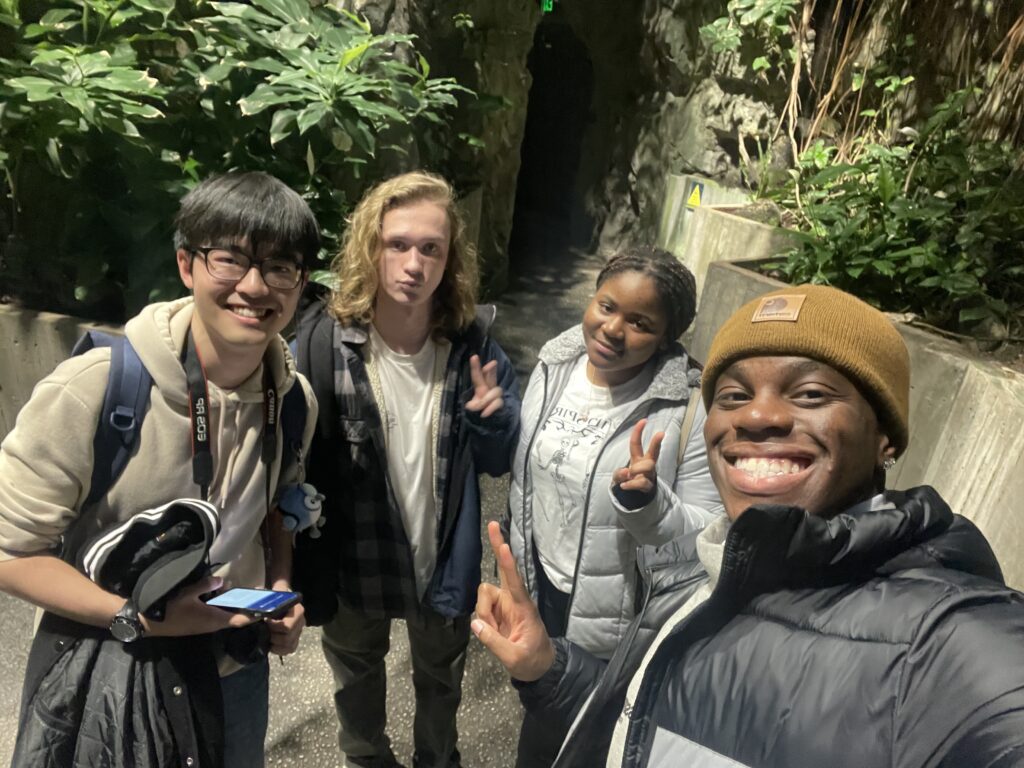
My experience taught me how necessary these programs and initiatives are. Succeeding at Hopkins and life, I feel, has a lot to do with being able to navigate your way around networks, people, and experiences and using them to help yourself grow. It also reminded me that finding your place is a journey. Making friends takes time and it can also be scary when you’re thrust into an environment you have just literally moved all your belongings to and are suddenly expected to call home. An environment filled with people who look and talk differently from the people who live in the places you originally called home. An environment filled with people who are interested in different things than you and differ from you and what you’re used to in many ways.
These new experiences help us become the people we are destined to be and help us define ourselves in our own words. Mentorship as well as being the mentee showed me both sides of this. I count myself blessed that I had the experience to bring others with less experience than me into a place of self-understanding and connection with something bigger than themselves and make that journey a bit easier and supporting them as they grow.


